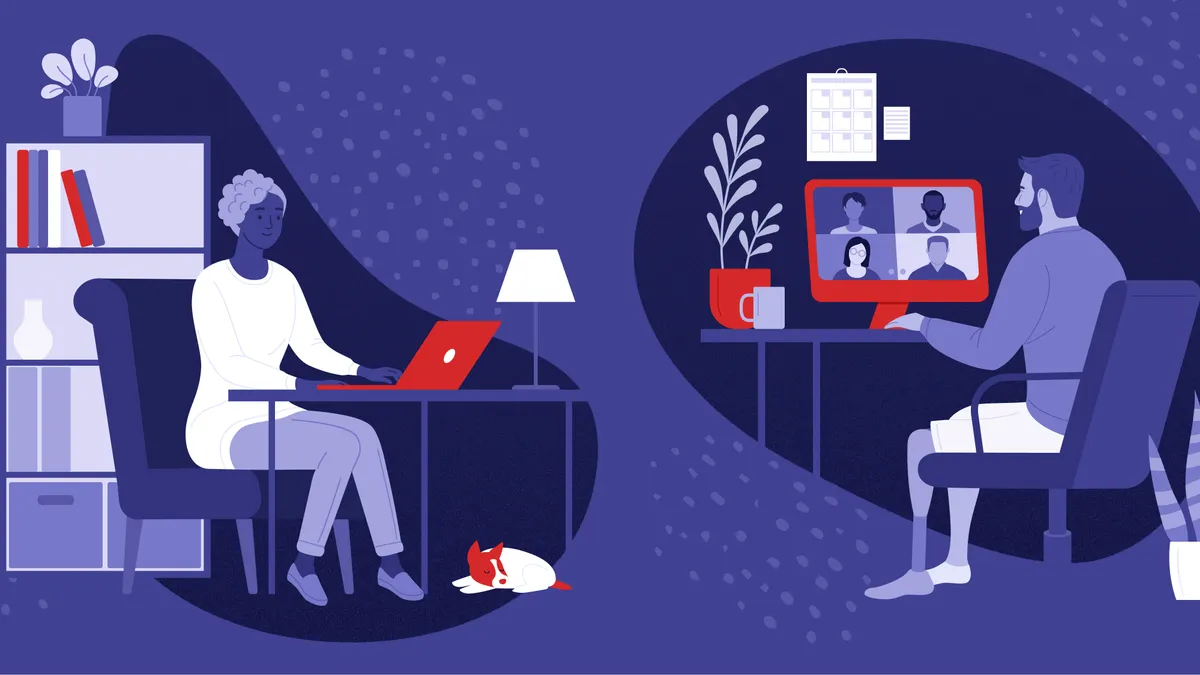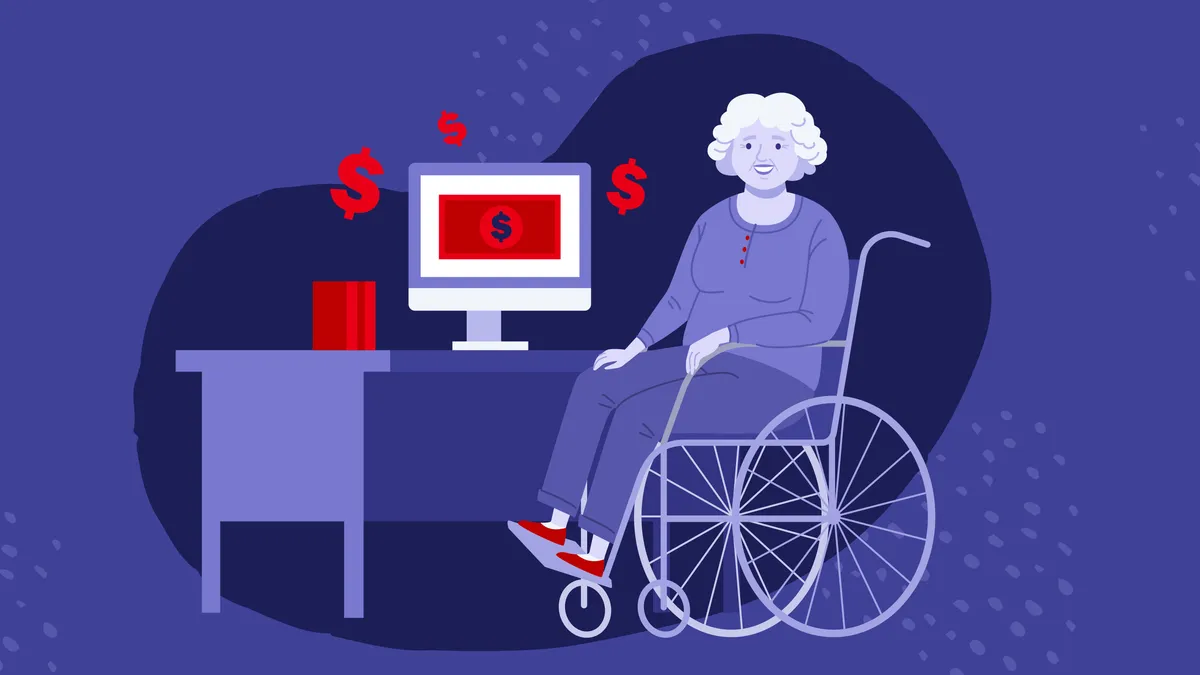The Americans with Disabilities Act turned 30 years old July 26. It's a law that — despite somewhat abstract mandates — remained relatively predictable for years.
At 18, it received a major facelift. Congress passed the ADA Amendments Act, redefining core terms like "disability" and directing employers to focus on accommodation and nondiscrimination efforts, rather than doctors' notes and eligibility requirements.
The amendments did just that, bringing accommodation into the spotlight. Now court opinions evolve each year as technology and medicine advance, with "reasonable" being defined by the circumstances at hand. This has meant an increase in discussions about telework as an accommodation, for example. And as much as those forces reshaped the landmark civil rights law, disability employment was in for another major shake-up: the novel coronavirus pandemic.
The experts we interviewed for this series say the crisis has, in some instances, leveled the playing field for workers with disabilities. More job applicants than ever are being interviewed from afar, for example, and jobs once thought to require on-site presence are now done remotely.
Related is the ongoing debate about whether the law requires web accessibility outside its employment mandates. In a Q&A, an original sponsor of the ADA told HR Dive a resolution to that question is the law's next frontier; the inability of many individuals with disabilities to access online services during a pandemic has made the need particularly acute, he said, and "something needs to be done legislatively."



















